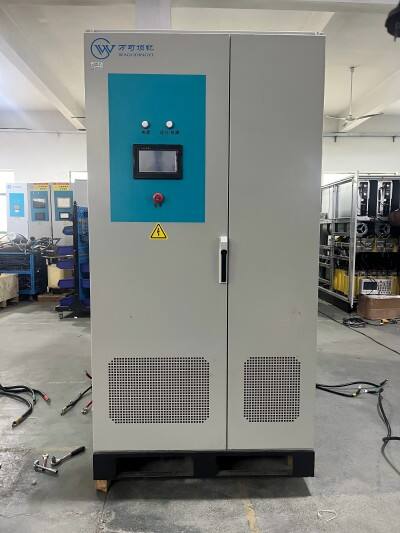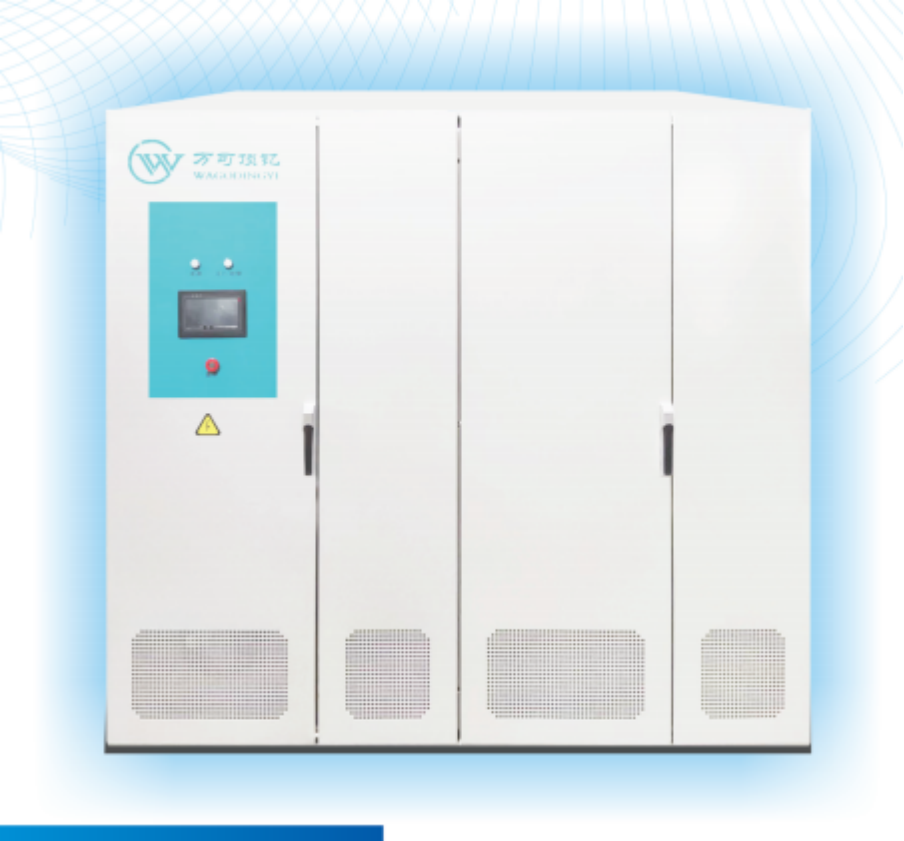programmable constant current source
A programmable constant current source is a sophisticated electronic device designed to deliver a precise and stable current output that can be adjusted through digital controls or programming interfaces. This advanced instrument maintains a steady current flow regardless of load variations, making it essential for various applications in electronics manufacturing, research laboratories, and industrial testing. The device incorporates microprocessor-controlled circuitry that enables precise current regulation, typically ranging from microamps to several amperes. Its programming capabilities allow users to set specific current values, define output patterns, and establish safety parameters through digital interfaces or computer control. Key technological features include high-resolution digital-to-analog conversion for precise current setting, multiple protection mechanisms against overcurrent and overvoltage conditions, and advanced temperature compensation to maintain stability across operating conditions. The device often includes data logging capabilities, multiple output channels, and various communication protocols such as USB, GPIB, or Ethernet for remote operation and integration into automated test systems. These sources find critical applications in LED testing and characterization, semiconductor device evaluation, battery charging systems, and precision calibration procedures.




